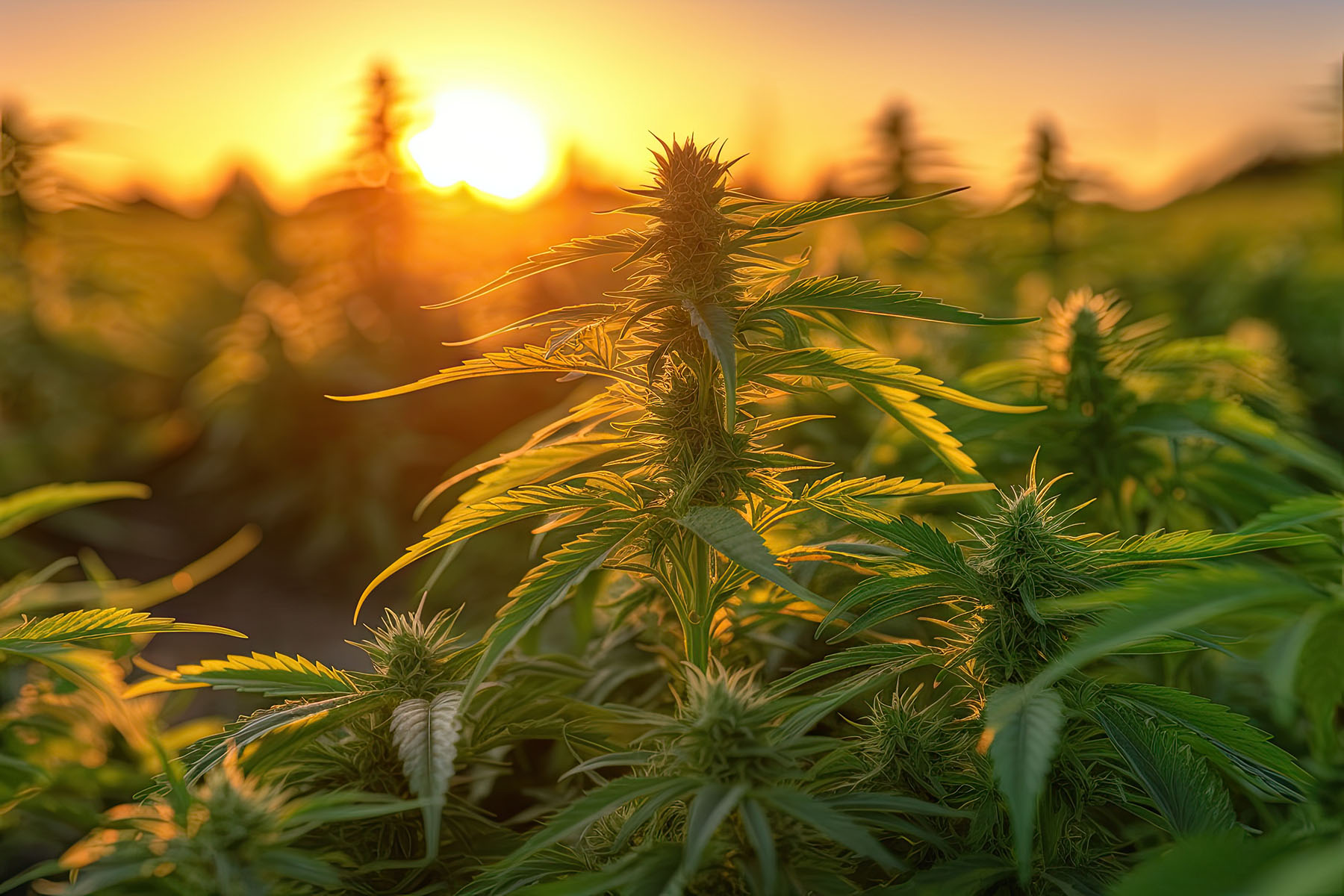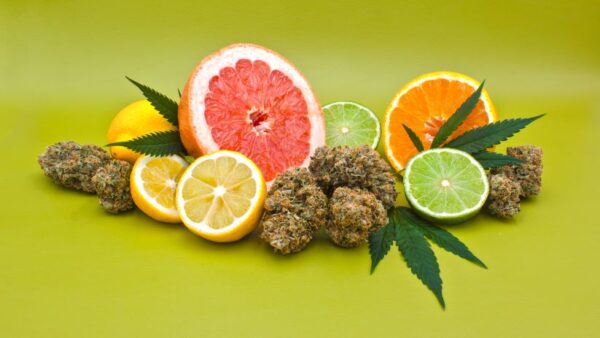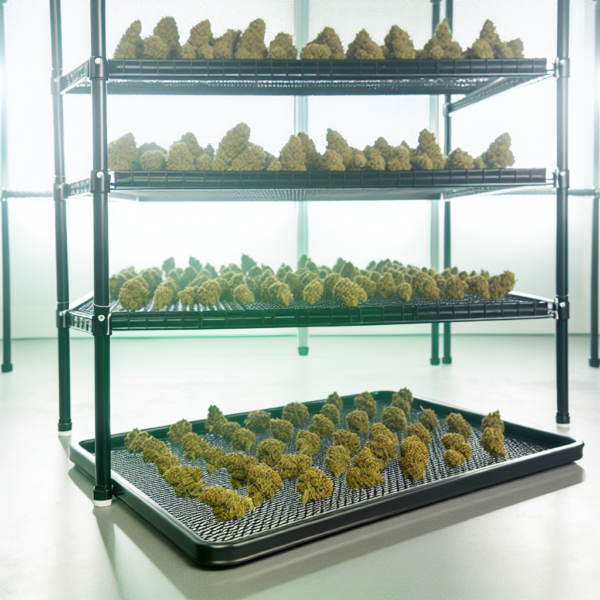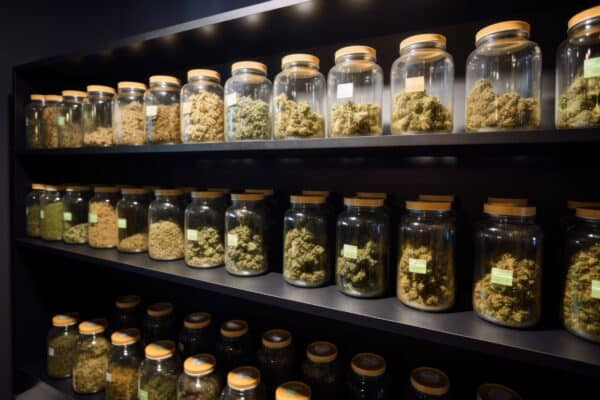The Basics of Cannabis Cultivation
Cannabis cultivation, like any form of farming, involves various methods and practices to yield a healthy crop. The choice between organic and non-organic growing is a significant decision for cultivators, directly impacting the plant’s health, potency, flavor, and overall quality.
Organic Cannabis Cultivation: Principles and Practices
Organic cannabis cultivation emphasizes natural processes and inputs. This method prioritizes:
- Natural Soil Enhancements: Organic growing uses compost, worm castings, and other natural soil amendments to nourish plants.
- Avoidance of Synthetic Chemicals: Organic cultivation strictly avoids chemical pesticides, herbicides, and synthetic fertilizers.
- Beneficial Microorganisms: Beneficial bacteria and fungi are introduced to create a living soil, which helps with nutrient absorption and strengthens the plant’s defense against diseases.
Non-Organic Cannabis Cultivation: A Modern Approach
Non-organic or conventional cannabis farming often leans on modern agricultural practices, such as:
- Synthetic Fertilizers: These provide plants with direct nutrient access but can build up in the soil over time.
- Pesticides and Herbicides: While effective against pests and weeds, over-reliance can lead to pesticide residue on the final product.
- Controlled Growing Environments: Non-organic growing might use hydroponic systems where plants grow in water, devoid of soil, absorbing nutrients directly.
Benefits of Organic Cultivation
- Flavor and Terpene Profiles: Organic cannabis tends to have a richer terpene profile, resulting in more complex flavors and aromas.
- Environmental Sustainability: Organic methods improve soil health, promote biodiversity, and reduce the environmental impact.
- No Harmful Residues: Organically grown cannabis is free from potentially harmful chemical residues.
Advantages of Non-Organic Growing
- Predictable Yields: Using synthetic fertilizers and controlled environments can lead to consistent and often larger yields.
- Quick Nutrient Uptake: Plants can absorb synthetic nutrients faster than organic ones, speeding up growth.
- Reduced Crop Loss: Using pesticides can effectively reduce crop losses due to pests or diseases.
The Consumer’s Perspective: Health and Safety
From a consumer standpoint, organic cannabis is often preferred for its lack of chemical residues and its enhanced flavor and aroma. However, it’s essential to ensure any cannabis product, whether organically or conventionally grown, is tested for pesticides and other potential contaminants.
Cost Implications for Growers and Consumers
Organic cultivation can be more labor-intensive and might yield less than non-organic methods, potentially leading to higher prices for consumers. Conversely, non-organic growing, while often cheaper and yielding more, might have hidden costs in terms of environmental impact and potential health risks from residues.
Future Trends: A Move Towards Sustainable Practices
The cannabis industry is increasingly emphasizing sustainability. Many growers are adopting hybrid methods, combining organic principles with modern cultivation techniques, to produce high-quality, sustainable cannabis. Techniques like integrated pest management and using organic fertilizers in controlled environments are bridging the gap between organic and non-organic cultivation.
Making an Informed Choice
For growers, the decision between organic and non-organic cultivation hinges on factors like cost, yield, quality, and market demand. Consumers, on the other hand, should be aware of the implications of each method and make purchasing decisions based on personal preferences and values. As the industry evolves, it’s likely that sustainable, health-conscious practices will become the norm, benefiting both the planet and its inhabitants.







